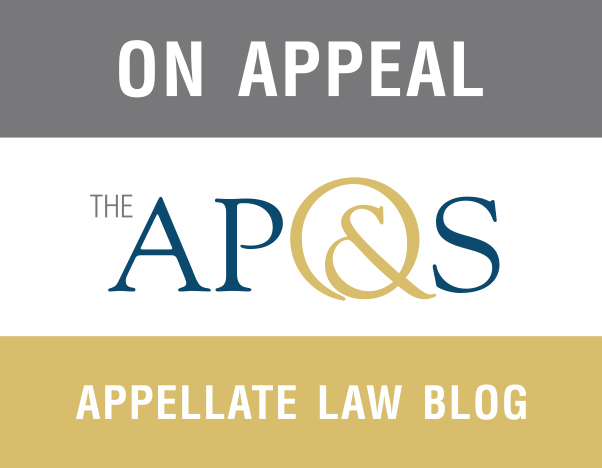In In re Kyla C., No. 2011-98-Appeal, although the Court held that the appeal was not properly before it, it proceeded to address the propriety of the Family Court’s dismissal of the respondent’s appeal. In that case, after the Family Court had vacated and re-entered its decree to allow the respondent to file a timely appeal, the respondent failed to timely transmit the record and had not requested an extension of time to do so. Accordingly, the guardian ad litem moved the Family Court to dismiss the respondent’s appeal. An order entered dismissing the respondent’s appeal.
On appeal, the Supreme Court recognized that the Family Court’s dismissal of the respondent’s appeal was proper. “‘Article I, Rule 3(a) of the Supreme Court Rules of Appellate Procedure empowers [a] trial justice to dismiss an appeal for failure to comply with [Rules 10(b)(1) and 11].’” Id. at 3 (quoting Pelosi v. Pelosi, 50 A.3d 795, 798 (R.I. 2012)). To determine whether a trial justice has abused his or her discretion in dismissing an appeal, the Supreme Court applies the same standard used when considering extensions of time for transmission of the record as set forth in Supreme Court Rule of Appellate Procedure 11(c). Id. at 4 (citing Daniel v. Cross, 749 A.2d 6, 9 (R.I. 2000)).
Pursuant to Rule 11(c), an extension of time may be granted when “the inability of the appellate to cause timely transmission of the record is due to causes beyond his or her control or to circumstances which may be deemed excusable neglect.” R.I. R. App. P. 11(c). The Supreme Court has consistently defined “excusable neglect” as:
neglect occasioned by some extenuating circumstances of sufficient significance to render it excusable, . . . as a failure to take the proper steps at the proper time, not in consequence of the party’s own carelessness, inattention, or willful disregard of the process of the court, but in consequence of some unexpected or unavoidable hindrance or accident, or reliance on the care and vigilance of his counsel or on promises made by the adverse party, . . . and as that course of conduct that a reasonably prudent person would take under similar circumstances[.]
Id. (quoting Business Loan Fund Corp v. Gallant., 795 A.2d 531, 533 (R.I. 2002)). In In re Kayla C., the respondent had not offered any reason for his neglect other than that he did not understand he was required to order the transcript. Id. Such neglect is not excusable, even for a pro se litigant. Consequently, the Family Court properly exercised its discretion in dismissing the respondent’s appeal.




